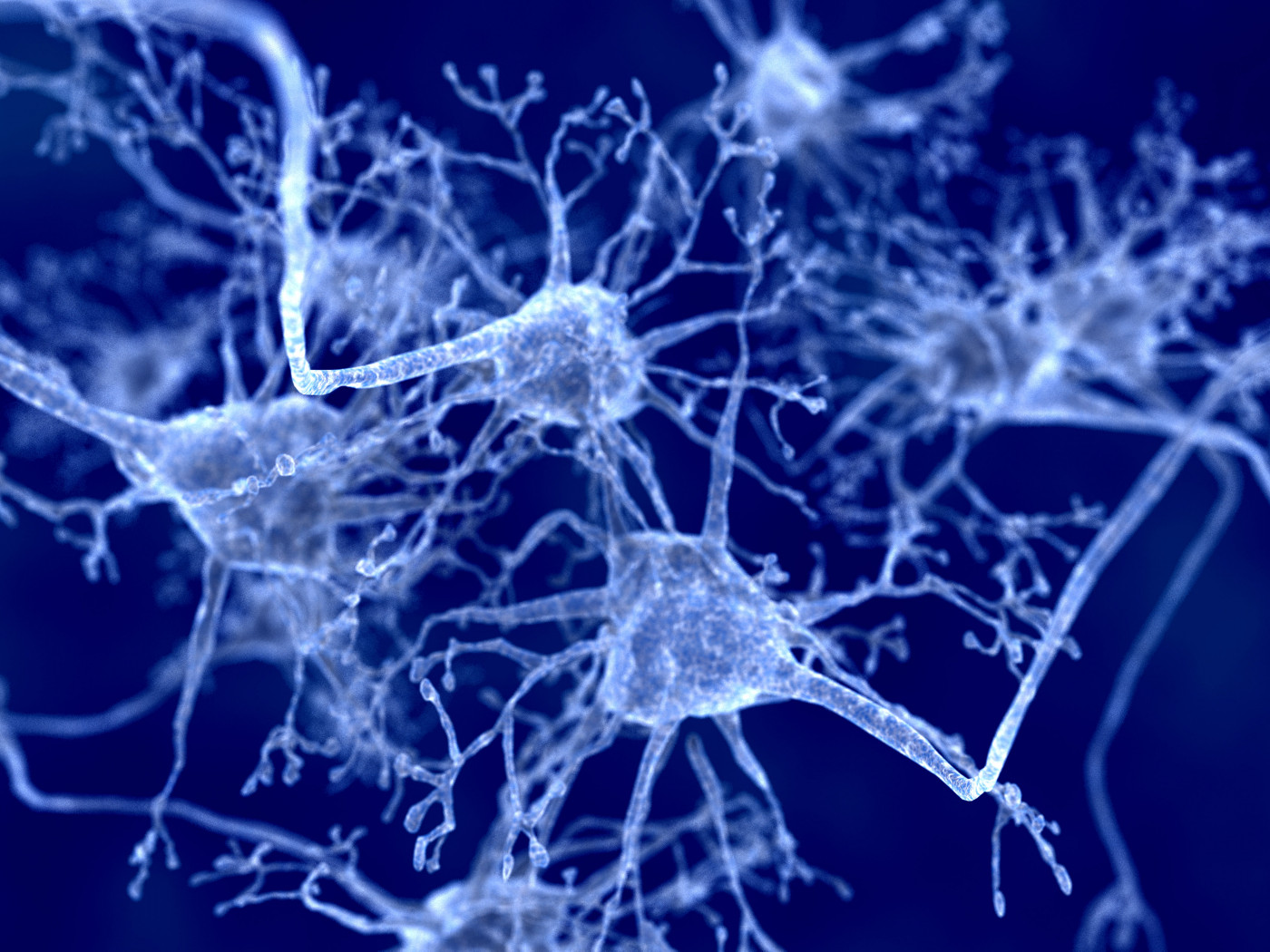Myelin Health Depends on Steady Supply of Lipids, Study Suggests

Continuous production of fatty molecules (lipids) is crucial to the maintenance of the myelin sheath that wraps nerve fibers to protect them, ensuring the transmission of electrical impulses between nerve cells, a study reported.
These findings may have strong implications for treating disorders caused by myelin loss, including multiple sclerosis (MS), and potentially for cancer, as some chemotherapy agents are known to damage myelin.
The study, “Mature myelin maintenance requires Qki to coactivate PPARβ-RXRα–mediated lipid metabolism,” was published in The Journal of Clinical Investigation.
Myelin is mostly made up of fatty substances (about 70%) plus several proteins (about 30%). It works mainly as an insulator for axons — long nerve segments that are responsible for nerve cell communication, transmitting electrical signals from one cell to another.
“To sustain the normal function of neurons, the compact myelin structure needs to persist throughout adult life,” the researchers wrote. “Many myelin-related … diseases, including multiple sclerosis (MS), develop in adulthood, underscoring the importance of active maintenance of the structural integrity of myelin in preventing neurological disability.”
Previous studies in animal models showed that the turnover (formation-to-destruction) rate of proteins and lipids making up the myelin sheath is very slow, leading scientists to assume that myelin was a relatively static substance.
A new study carried out by researchers at The University of Texas MD Anderson Cancer Center, however, counters this way of thinking.
“Our study shows that mature myelin is a very dynamic material, particularly its lipid components, and it disproves a dogma held for decades, if not a century, that mature myelin is a very stable substance,” Jian Hu, PhD, assistant professor of cancer biology and the study’s lead author, said in a press release.
The team discovered that lipids making up mature myelin actually have a fast turnover rate, and that an RNA-binding protein called quaking (Qki) was responsible for controlling this process. (RNA-binding proteins are special proteins that are able to interact with RNA — the molecule that serves as a template for protein production — and control the production of proteins.)
When researchers prevented oligodendrocytes (cells that produce myelin) in the brain of adult mice from producing Qki, they found that animals started losing myelin within a week and showed signs of neurological impairment. This process could be minimized if animals lacking Qki were fed with a high-fat diet, experiments also showed.
Mechanistically, the team believes that Qki serves as a co-activator of a complex made up of peroxisome proliferator-activated receptor beta (PPAR-beta) and retinoid X receptor alpha (RXR-alpha), which controls the activity of several genes involved in lipid metabolism.
In their final experiments, researchers showed that treating animals lacking Qki with PPAR-beta/RXR-alpha agonists (substances that activate these receptors) lessened their neurological problems and prolonged their survival.
“Treatment of Qki-depleted mice with drugs like PPAR-beta or RXR-alpha agonists greatly alleviated neurological disability and extended survival durations,” Hu said. “Furthermore, a subset of lesions from patient samples with primary progressive multiple sclerosis were characterized by downregulation of key activities in lipid metabolism associated with Qki and PPAR-beta/RXR-alpha.”
“Together, the team demonstrated that continuous lipid production is indispensable for mature myelin maintenance, and highlights an underappreciated role of lipid metabolism in demyelinating diseases,” Hu added.






